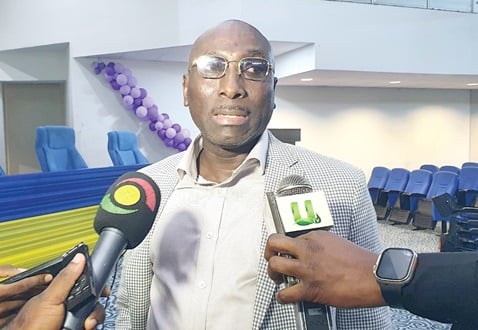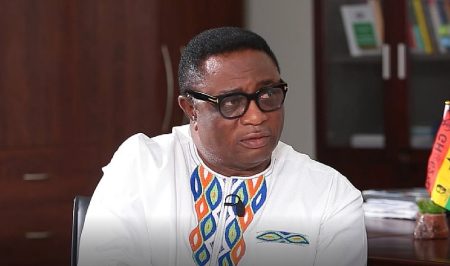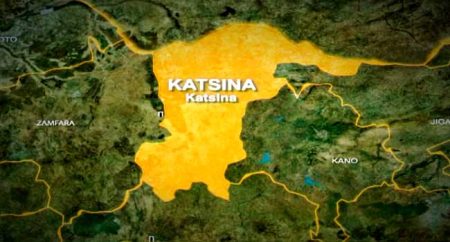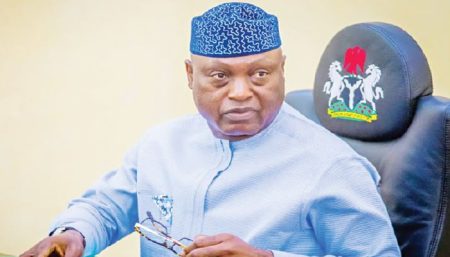The National Road Safety Authority (NRSA) is poised to initiate legal proceedings against Metropolitan, Municipal, and District Assemblies (MMDAs) within the Greater Accra Region that have neglected to comply with a directive to dismantle unauthorized and hazardous billboards. This action follows a 21-day ultimatum issued on April 30th by the Acting Director-General of the NRSA, Abraham Amaliba, which appears to have been largely ignored by the targeted assemblies. The NRSA’s decision to pursue legal action underscores the growing concern over the proliferation of illegal billboards and their potential to compromise road safety within the capital city.
The NRSA’s move towards legal action comes after a failed attempt to engage the MMDAs in constructive dialogue. A stakeholder meeting convened by the NRSA on May 29th, specifically designed to address the pressing issue of illegal billboards, was met with a complete absence of representatives from any of the invited MMDAs. This lack of participation, despite official invitations channeled through the Ministry of Local Government and Rural Development, has been interpreted by the NRSA as a clear indication of the assemblies’ unwillingness to cooperate on this critical safety matter. The NRSA now feels compelled to enforce compliance through legal channels, emphasizing that the MMDAs’ failure to attend the meeting signals a disinterest in resolving the issue collaboratively.
The crux of the NRSA’s concern lies in the safety hazards presented by these unauthorized billboards. Beyond being aesthetically displeasing, strategically ill-placed billboards, particularly those erected on road medians and near intersections, significantly obstruct drivers’ visibility and create distractions that can lead to accidents. The NRSA argues that these structures pose a direct threat to road users and contribute to an unsafe road environment. The authority is determined to hold the responsible MMDAs accountable for failing to address this issue, which it views as a dereliction of their duty to maintain safe and orderly public spaces.
The NRSA’s frustration stems not only from the immediate safety risks posed by the billboards but also from a broader pattern of inaction by local authorities. The authority views the current situation as a culmination of years of regulatory neglect, where MMDAs have failed to enforce existing regulations governing the placement and authorization of billboards. The NRSA’s pursuit of legal action represents an attempt to reassert its regulatory authority and compel the MMDAs to fulfill their responsibilities in maintaining safe road environments. This proactive approach aims to break the cycle of inaction and establish a precedent for future enforcement efforts.
The legal action, according to Mr. Amaliba, will be based on the premise that the MMDAs were duly informed of the requirements and given ample opportunity to comply. The NRSA intends to demonstrate that the assemblies were made aware of the dangers posed by illegal billboards, the legal framework governing their placement, and the consequences of non-compliance. The authority believes that its efforts to engage the MMDAs, including the issuance of the ultimatum and the organization of the stakeholder meeting, constitute sufficient notice and opportunity for corrective action. Consequently, the NRSA feels justified in proceeding with legal measures to enforce compliance.
The NRSA’s ultimate objective extends beyond the removal of existing illegal billboards. The authority aims to establish a system of accountability that ensures the long-term safety and orderliness of road environments. By holding the MMDAs legally responsible for their failure to enforce regulations, the NRSA hopes to create a deterrent against future violations and foster a culture of proactive compliance with safety standards. The legal action is therefore not simply a punitive measure but a strategic step towards creating a safer and more visually appealing urban landscape. The NRSA envisions a future where local authorities proactively address safety concerns and work collaboratively to create a road network that prioritizes the well-being of all users.














